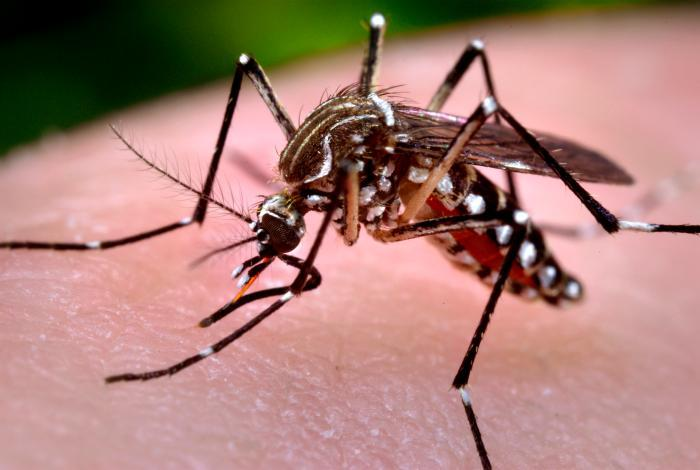
A new study published in BMC Infectious Diseases suggests the antiviral remdesivir (RDV) is associated with reduced mortality among COVID-19 patients based on electronic health records (EHRs) of COVID-19 patients seen in three Spanish hospital systems from January 2021 to March 2022.
The authors used artificial intelligence and natural-language processing tools to find relevant clinical information contained in the EHRs, mostly in the form of unstructured free text, otherwise not available in conventional administrative documentation, the authors said. This allowed the authors to assess the real-world efficacy of RDV outside of the existing trials on the drug conducted in the first year of the pandemic.
Results reenforce clinical guidelines
The study compared 812 treated and 2,703 untreated patients. The average age was 72 years. and 57.3% were male. The most prevalent conditions at baseline were high blood pressure (65.8%), heart disease (62.3%), and neurological diseases (50%) for all participants. Patients receiving RDV did, however, have higher rates of obesity (27.5% vs 21.7%).
Overall, the hazard ratio for in-hospital mortality at 28 days was 0.73 (95% confidence interval, 0.56 to 0.96) compared to untreated patients, or a 27% lower risk. Risk difference and risk ratio for 28-day survival was 2.7% and 0.76, respectively, for a 24% lower risk.
Our results are also consistent with those of several non-randomized, retrospective studies which have shown that RDV effectively reduces mortality in hospitalized COVID-19 patients.
"Our results are also consistent with those of several non-randomized, retrospective studies which have shown that RDV effectively reduces mortality in hospitalized COVID-19 patients," the authors concluded. They add that the results "are important to reinforce the concept that adherence to clinical guideline recommendations has prognostic implications in our everyday patients."















